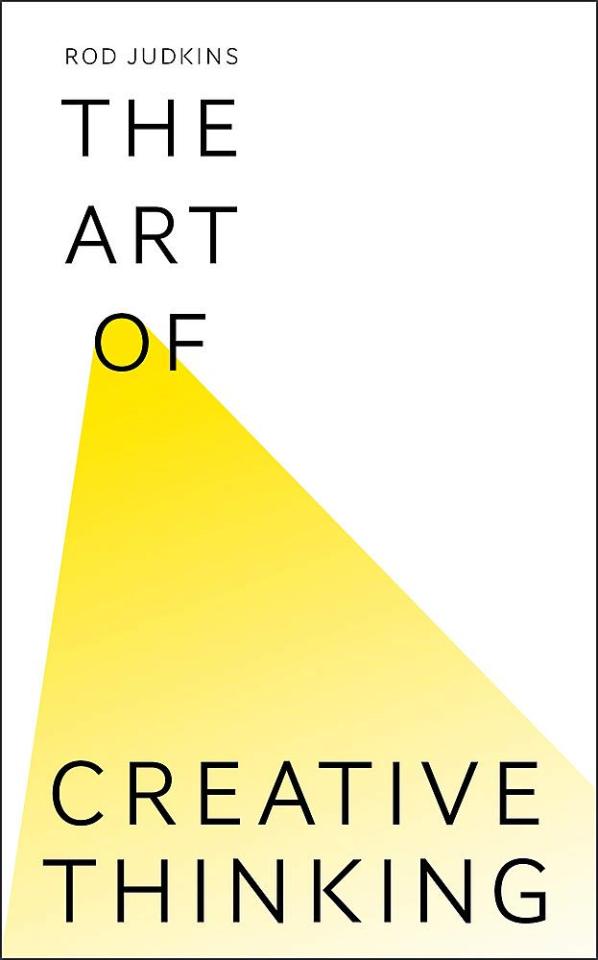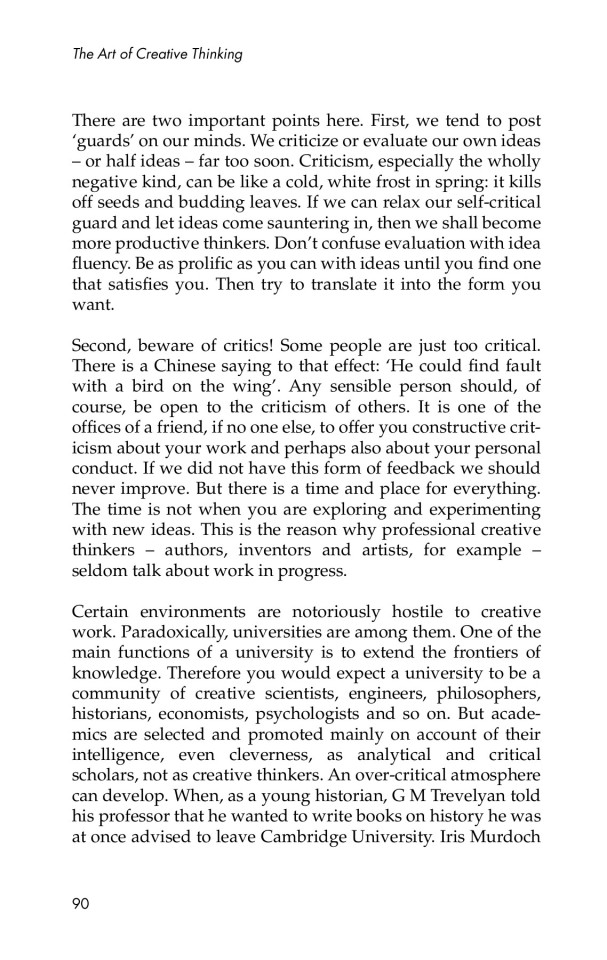graduate and advocate of the arts, educator and facilitator, applying theory in the making, but primarily the understanding of art notes, quotes, books, thoughts
Don't wanna be here? Send us removal request.
Quote
Since photography is the world’s only commonly spoken language it is like any other language. Not all words are poetry
david alan harvey, life framer interview
0 notes
Quote
“All forms of knowledge in art are intrinsically ‘theoretical,’ no matter how self-evident and commonsensical they may appear. Art is never divorced from the theorization of its meanings…As the contexts of art continue to shift and art approaches develop, as international exhibitions continue to be organized, as the role of art continues to be measured against political, economic, and technological transformations in society, so theoretical discourses continue to illuminate and ground the thinking of art.”
Zoya Kocur and Simon Leung, Theory in Contemporary Art since 1985 (2nd ed.). Oxford: Wiley-Blackwell, 2012, p. 3.
1 note
·
View note
Quote
Do you ever know what the birds are singing? You don’t. But you listen to them anyway. So, sometimes with art, it is important just to look.
Pablo Picasso
0 notes
Quote
"Instead of Looking at Things, Look Between Things"
John Baldessari
0 notes
Text
The Art of Creative Thinking
Rod Judkins is an art and design tutor, a writer and an explorer of creative thinking. One of my favourite purchases in the last few years is his book ‘The Art of Creative Thinking’. It really helped me out during uni and I often read back through it. Here’s some of my favourite bits i underlined with a pencil...

The attraction of the virtuoso for the public is very like that of the circus for the crowd. There is aways the hope that something dangerous will happen’.
‘The man who cannot visualise the man galloping on a tomato is an idiot’.
‘Play is a catalyst, it should be purposeless, fun and pleasurable’.
‘talent is often confused with ‘innate ability’ , then, but many people also confuse ‘talent’ with ‘skill’.A modern creative mind does not aim to display technical proficiency or mastery; it’s more concerned with communicating ideas and concepts in whatever medium is suitable’.
‘Not everybody has the same kind of talents, so you discover what yours are and work with them’.
‘Don’t be trapped by dogma. Don’t let the noise of others’ opinions drown your own inner voice’.
‘A creative person can’t refuse to grow old, but they can refuse to grow up. They maintain the playful attitude of a child through their lives. They understand that some things are too serious to take seriously. they never loose the urge to throw a snowball at a businessman’.
‘Ignorance of the ‘right’ way to do something can be an asset. If you do things the way they’ve been taught, your methods will be the same as everyone else and you’ll produce something more obvious and predictable’.
‘We are missing opportunities all the time. Those opportunities are in the astounding objects, characters, views and stories that surround us. They are under our noses but most people overlook them. If your mind is alert to your surroundings and the strangeness in the commonplace, you can make the most of whatever is already out there. Use anything interesting that you find’.
‘We crave luxury, but it’s a motivational sedative. It’s a hindrance. It saps us of incentive. It whispers to our unconscious mind to relax, to take it easy. Neutral, simple, humble spaces are what helps us to focus. Luxury is not for the creatives; it’s for poodles….. The saddest thing I can imagine is to get used to luxury’.

‘Experience is what happens to you, it’s what you do with those experiences that matters’.
‘Imagination is fancy free and violently apposed to common sense’.
‘We find it hard to pause and just be still in our 24/7 culture. Look at people waiting in a queue and you’ll see they immediately take out their phones and check their emails and texts…. Many writers prefer to work in cafes- JK Rowling famously remarked that ‘this got me away from the temptation of the internet’.
‘Beethoven reassures us that when everything falls apart we have the moonlight Sonata. If you are thinking massive thoughts there is the ninth Symphony. There is the struggle and triumph of the fifth symphony and the heroic eroica symphony’.
‘Sometimes it’s good to put your ego in a box under the bed. There is freedom in being nobody. We live in a culture where everyone is obsessed with getting credit for every little thing they do. When J.K. Rowling had become the worlds highest selling author, she stunned the book world by revealing that The Cuckoo’s Calling was her work, written under the pseudonym Robert Galbraith’.
‘The key to thinking experimentally is to allow the mind to contemplate outrageous ideas. It requires enormous effort’.
‘Only those who are capable of silliness can be called truly intelligent’.
‘Whether our work in finance, science, teaching or something else entirely, read every book and magazine, go to every lecture, and research your subject in every way you can think of. When there is crisis you will have a pool of knowledge to dip into’.
‘Being provocative is a legitimate tactic. Provoke a reaction. Provoke change. Provoke awareness. It’s important to get people emotionally involved’.
‘Science fiction asks the question, will the future be utopia or a dystopia?… Fiction allows you to fly without leaving the ground. Science fiction cities and cars eventually become the real cities and cars we live in and drive. Fiction take you to places you’ve never been and places that don’t exist’.
0 notes
Text
Creation, Creativity: The Roots of Life?
Creativity? What does it really mean? What does it represent? And what is the difference between creative and non creative thoughts?
I found initially that it is the combination of imagination, creativity, empathy and innovation that results in ‘value creation’. I quote, ‘Creation is the act of turning new and imaginative ideas into reality. Creativity is characterised by the ability to perceive the world in new ways, to find hidden patterns, to make connections between seemingly unrelated phenomena, and to generate solutions. Creativity involves two process: thinking, then producing. If you have ideas but don’t act on them, you are imaginative, but not creative’. This last statement hit some notes with me, my debate between thinking and doing, by the rules of this definition I’m being imaginative with all these ideas and concepts floating around in that complex brain of mine, but in order to be ‘creative’ I need to reach process stage 2 - creating.
Personally, I believe the processes of creativity are far from that simple, it’s a complex concept, so I looked further and found a definition, I felt, was more suitable. Rolle May, who wrote “The Courage to Create” wrote that ‘Creativity is the process of bringing something new into being. it requires passion and commitment. Bringing to our awareness, what was previously hidden and points to new life. The experience is one of heightened consciousness: ecstasy”. Perhaps this is why so many artists works are interlinked to our subconscious, our dreams (check out the theories of Sigmund Freud). This idea that creation, bringing something from thoughts into reality arouses a feeling of ecstasy resonates with art and how artists feel when they’ve spent weeks, months or sometimes even years on a piece of work. Even if it is badly received by the intended audience, just knowing that it was you who bought this new thing into being, is incredible.
Art in whatever form you may prefer it, is euphoric and not necessarily always in a positive sense. Art makes people feel, you may hate that painting of a flower on the gallery wall, you may be bored stifles looking at it, you may think it’s not worthy of being called ‘art’. But heres the thing, it is art because you still felt, a feeling of distaste but nonetheless the piece of work still communicated and resonated with something inside you. To a different individual that painting might remind them of the flowers their late husband bought for them their entire lives they were together. Your likely to see this person, standing in the gallery, weeping at the image. Art, or certainly the perception of it is subjective, existing in the mind; belonging to the thinking subject rather than to the object of thought. Eye of the beholder and all that.
Art and creative pieces are made to make the audience feel, think and react (unless its made for the indulgence of the artist, for the artist only- this is a whole other thing). This idea of art and subjective emotion, can sort of explain my fascination with old photographs, it resonates with my interest in people, humanity and memory. The images I salvage, study and reappropriate tap into something within my retrospective, episodic, semantic and shared memory. It makes me feel, I look at those photographs and feel an emotion, I feel my own last experiences, I remember stories told by others and connect up the dots. Through my work perhaps I am trying to discover what that emotion is? Whatever it is, they make me feel, really feel, they are to me insights into lives past lived and the expressions/voice of untold stories. They are in my subjective opinion, a form of art.
There are a million different ways we could define ‘art’ but the official version is this - ‘art is the expression or application of human skill and imagination, typically in a visual form such as painting or sculpture, producing works to be appreciated primarily for their beauty or power’. Just have a little think about some of the words within that definition, expression, humanity, creation, power, aesthetic beauty - now think about the beauty of the painting on your wall, or the power of the book that had you crying as you turned each page. Art and emotion are infinitely interlinked. Imagine if the arts were as I discussed in my last post entirely depleted, under appreciated and forgotten - what would we be left with? - A world of nothing?
I want to end this blog with asking you a question, if you could choose just one moment or experience from your past that made you feel human, what would it be? This is not necessarily directly linked to art, but perhaps to the origins of art, the root of artists ideas and practice. Where do we create from, what moments and memories do we draw from to reimagine and create? Try not to think of something that cost you a lot of money, and certainly not something materialistic but a ‘moment’ that really made you feel alive.
Creativity is, after all, partly defined as ‘perceiving’ the world in a new way, each new experience or old experiences, repeated or altered causes emotion, feeling, a reaction, it is what makes us human, it makes us alive. Every one of us perceives the world differently and whats more one day to the next is never the same, never identical. Our life, each day, is full with creativity even if we don’t realise or express it. The concept of ‘creation’ has its roots as deep as the formation of earth, around 4.54 billion years ago. Earth was formed by accretion by the solar nebula - the volcanic outgassing probably created the primordial atmosphere and the ocean. The bible believes that the earth was created in seven days, the act of one god, with a single son to protect it. There are even people who define themselves as Earth creationists. I know its a far fetched tangent but its the idea that without ‘creation’ the Earth wouldn’t be what it is, we would not have the wonder of life. Without art and creatives, what would the world be?
1 note
·
View note